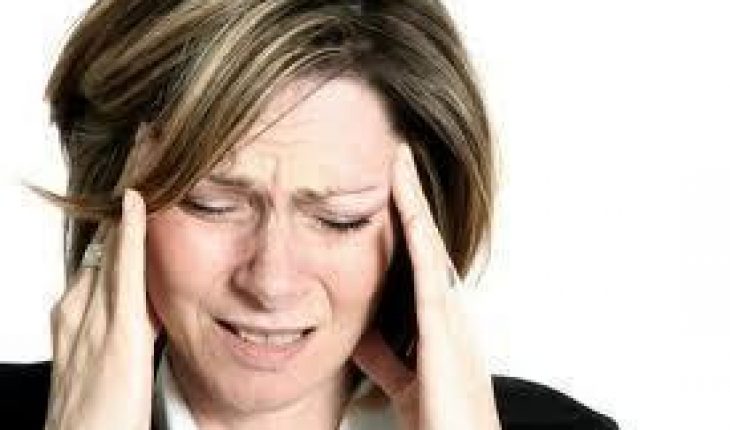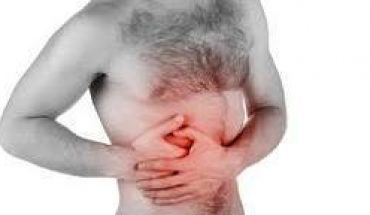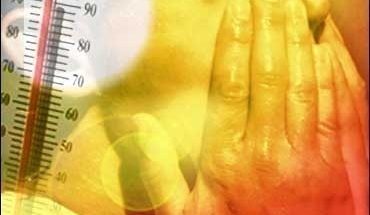Caffeine
Common uses of caffeine are to increase one’s feeling of alertness, decrease feelings of tiredness, and enhance the coordination of the muscles. Caffeine can be sourced from chocolate, tea, over-the-counter drugs, coffee and soda, with the most common being coffee. Some persons are sensitive to caffeine, so when too much is consumed, over stimulation may occur, and result in anxiety, sleeping disorders, muscle contractions, and pain in the abdomen.
Sleep disorders may become so serious that they will need medical attention. Anxiety caused by caffeine can also become serious enough to require the attention of a doctor. Anxiety usually results in panic attacks, obsessive compulsive disorder, and phobia related symptoms.
Caffeine Headache
A primary use of caffeine it to reduce headaches. When a migraine occurs, it causes the size of the blood vessels to increase. Most migraine medicines concentrate on bringing the vessels’ size back to normality, but the intake of coffee usually reduce the discomfort, especially when it is consumed in the initial stage of the headache. Individuals who habitually have caffeine in their diets, usually suffer from a withdrawal called caffeine headache or caffeine withdrawal headache, when they are unable to intake caffeine .
Caffeine may sometimes be bad for your health, as it has the ability to deprive the body of some of its essential nutrients. Magnesium is one example, when you suffer from a migraine, it usually requires that you to increase the level of Magnesium that is in your body, and what the caffeine does, is to remove Magnesium from your body as opposed to putting it in. This problem can be directly linked to a caffeine headache.
How to rid the body of a Caffeine Headache
- Reduce your intake of caffeine: This is an obvious way of relieving yourself of continuous headaches caused by caffeine.
- Sleep: Sleeping when you have a caffeine headache can actually help you to get rid of it.
- Medication: Medications with pain reliving effects can help to rid the head of the ache. Pain relievers such as Aspirin, Ibuprofen, Tylenol and Excedrin are highly recommended. If it persists after you have taken these medication, then medical assistance should be sought. People who aren’t opposed to taking headache medicine will generally find these products very effective.
- Peppermint: Peppermint tea is commonly used as a natural means of relieving headaches. An individual with a caffeine headache, can use peppermint as a home remedy.
- Water: Increase the amount of water that you drink, it is one of the most natural ways of providing your body with the needed nutrients to relieve the pain.
- A massage: Getting a massage may actually help your body to relax and this relaxation may relieve the pain.
- De-caffe: You can convince your mind that drinking decaffeinated coffee is the same as drinking a caffeinated coffee. The difference in taste is not usually obvious.





